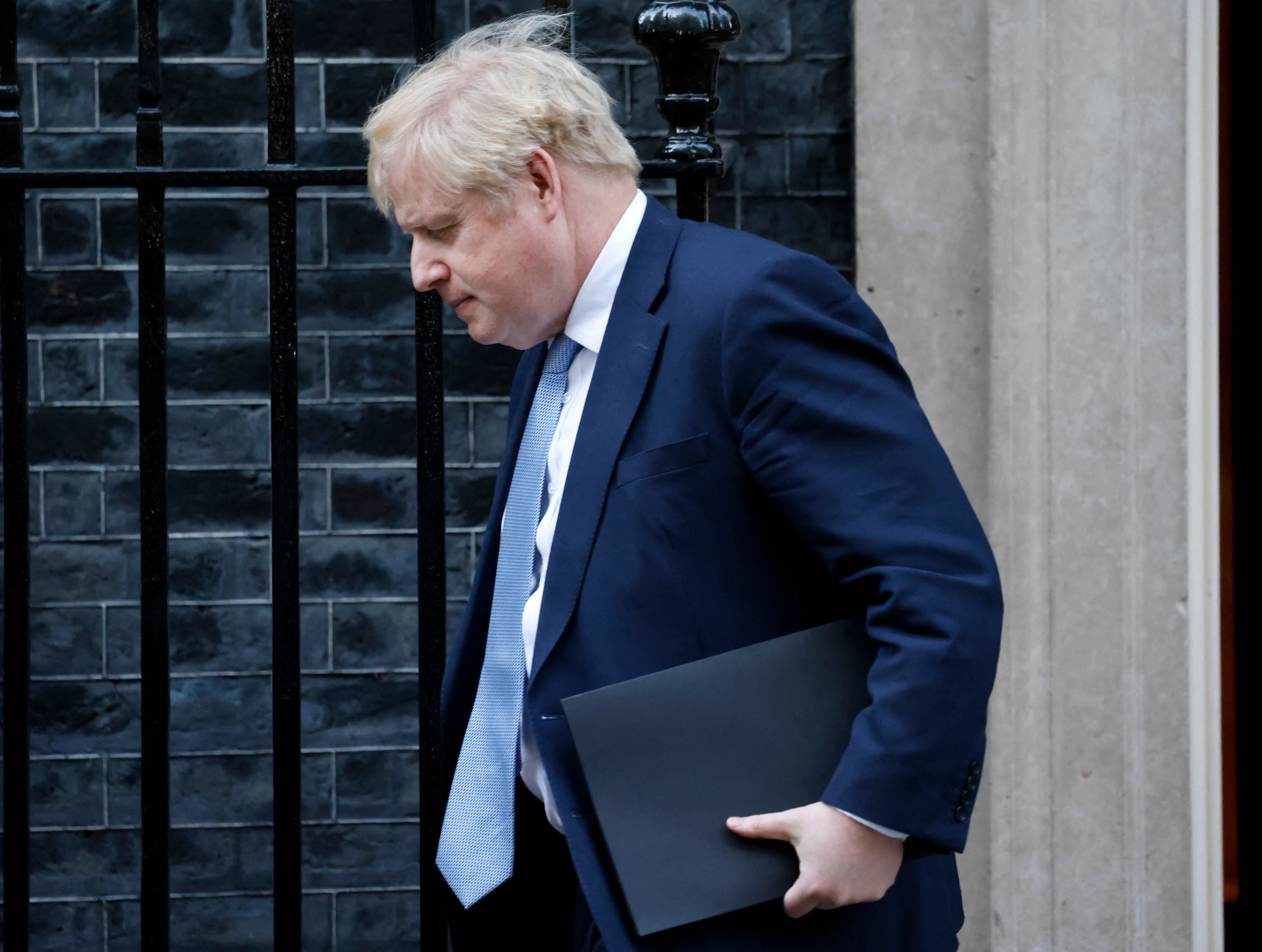No, Boris Johnson is not trying to rig the rules to save his skin. But his attempt to avoid genuinely independent scrutiny of ministerial standards is pitiful and wrong. He has rewritten the ministerial code because he promised Lord Geidt, the adviser on ministerial standards, that he would have more powers.
This was after an earlier frisson of embarrassment, over the prime minister’s attempt, eventually abandoned, to find Conservative donors to pay for the refurbishment of his Downing Street flat in secret. At the time, Mr Johnson said that he would give Lord Geidt more staff and the powers to do his job properly.
Unfortunately for the prime minister, the wheels of bureaucracy have turned slowly and come up with a new version of the ministerial code at precisely the time when Mr Johnson’s standards of honesty, integrity and truthfulness are again under intense questioning. It is hardly surprising that some people jumped to the conclusion that the new wording was designed to protect the prime minister from the imminent investigation by the committee of privileges into whether he “knowingly misled” parliament over lockdown parties.
In fact, the wording of that section has not been changed: “Ministers who knowingly mislead parliament will be expected to offer their resignation to the prime minister.” The implication remains that, if the prime minister is found to have deliberately misled parliament, he should offer his resignation to the Queen.
However, it also remains the case that the committee of privileges is unlikely to make such a finding, because Mr Johnson can plead that he believed it to be true when he said “the rules had been followed at all times”, however sceptical an impartial observer might be.
Furthermore, we should be under no illusion that the committee of privileges investigation is entirely free of politics. The committee has a Conservative majority, and its findings would have to be voted on by the entire House of Commons, in which Mr Johnson leads a government with a working majority of 75. If the prime minister is to pay a price for breaking lockdown law, and his lack of candour about it, it is more likely to be exacted by the internal processes of the Conservative Party, which may decide that he has become too much of an electoral liability.
All the more reason, therefore, for an independent mechanism to scrutinise ministerial standards. The Independent continues to argue that the independent adviser should have the power to start investigations without waiting to be asked by the prime minister. This is what Mr Johnson has resisted, resorting to some convoluted language that amounts to the retention of a prime ministerial veto: “Where the independent adviser believes that an alleged breach of the code warrants further investigation and that matter has not already been referred to him, he may initiate an investigation. Before doing so, the independent adviser will consult the prime minister who will normally give his consent. However, where there are public interest reasons for doing so, the prime minister may raise concerns about a proposed investigation such that the independent adviser does not proceed.”
This is not good enough. A scrutineer of standards who cannot investigate whatever they deem worthy of investigation is not truly independent of the government.
The other changes to the code, making clearer, for example, that not all breaches of the code require a minister to resign, merely better describe existing practice. But on the question of an independent arbiter of ministerial standards, good Conservative MPs who take seriously the seven principles of public life listed in the annex to the code should do the right thing and vote with the opposition when it is able to engineer a vote in parliament on the matter.
At least three of those principles – integrity, accountability and openness – require it.




Join our commenting forum
Join thought-provoking conversations, follow other Independent readers and see their replies
Comments